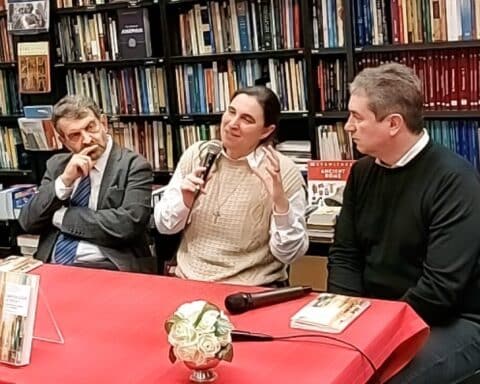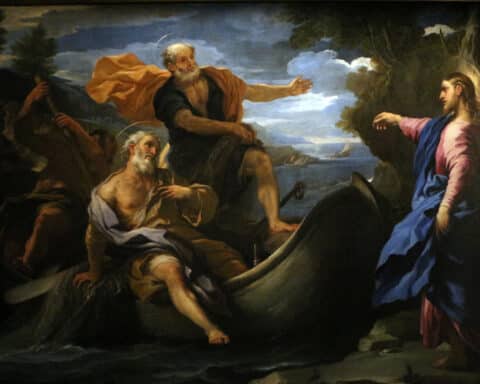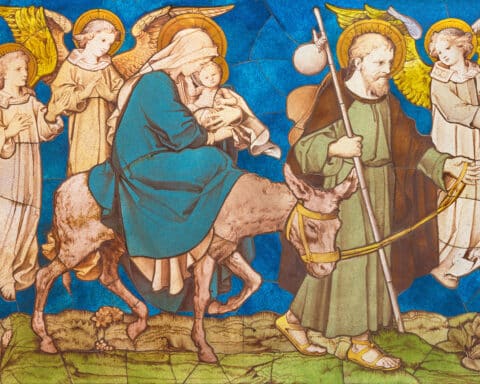
— Joann Capone, via email
Answer: It is inaccurate to say that the early Church universally expected Christ’s imminent return. Just like today, there were some who announced his quick return. But there were also cautionary rebukes from the Church regarding this.
For example: “Now concerning the coming of our Lord Jesus Christ and our gathering together to him, we ask you, brothers, that you be not easily shaken in mind, or be troubled, neither by spirit, nor by word, nor by letter as from us, as that the day of Christ is at hand. Let no one deceive you in any way, for it will not come until the rebellion occurs and the man of lawlessness (the son of destruction) is revealed. He will oppose and exalt himself above every so-called god or object of worship. So he will seat himself in the temple of God, proclaiming himself to be God” (2 Thess 2:1-4).
The Church has further held, based on Scripture, that the Second Coming presupposes that the Gospel has been effectively preached to the nations, and that there is a large-scale conversion of the Jews. The Church too will go through a final trial, and the faith of all will be tested, and many will fall away (see Catechism of the Catholic Church, No. 672-77).
Thus the Second Coming is delayed until such things are in place. Some argue they are, or are soon to be in place, but they are not as yet. Further, we must recall that we know not the hour or day of the Lord’s coming (see Mt 25:13).
But the bottom line is that neither we nor the early Church universally thought the end was soon or very soon.
As for your reference to Matthew 10:23: “Truly I tell you, you will not finish going through the towns of Israel before the Son of Man comes” — this does not necessarily refer to his Second Coming, but more likely to his coming in judgment on Israel and definitively ending the Temple sacrifices. This was fulfilled.
The end of ancient Israel occurred in April of 70 A.D. The Temple was destroyed, never to be rebuilt, and ancient Jerusalem also was leveled by the Romans. Jesus spoke of this incident as the coming of the Son of Man on the clouds. This is a use of prophetic imagery where God’s judgment is described in terms of God coming on the clouds. For example, in the Book of Exodus (14:24), God cast a glance on the Egyptian army from the cloud and threw them into confusion. Thus Jesus coming on the clouds is a definitive judgment on ancient Israel for her lack of faith (see: Mk 13:26ff) but not the second coming.
Prayer after Gospel
Question: The priest in our parish mumbles something after he says the Gospel. I have not been able to ask him what this is. Any ideas?
— Name withheld
Answer: Likely he is saying “May the words of the Gospel cleanse us from our sins.” The priest is directed to say this softly as he finishes proclaiming the Gospel. It is one of those prayers said “secretly” by the celebrant. He asks that God’s word will cleanse the people and give them new insight to avoid sin. You may recall that Jesus once said, “You are already clean due to the word I have spoken to you” (Jn 15:3).





